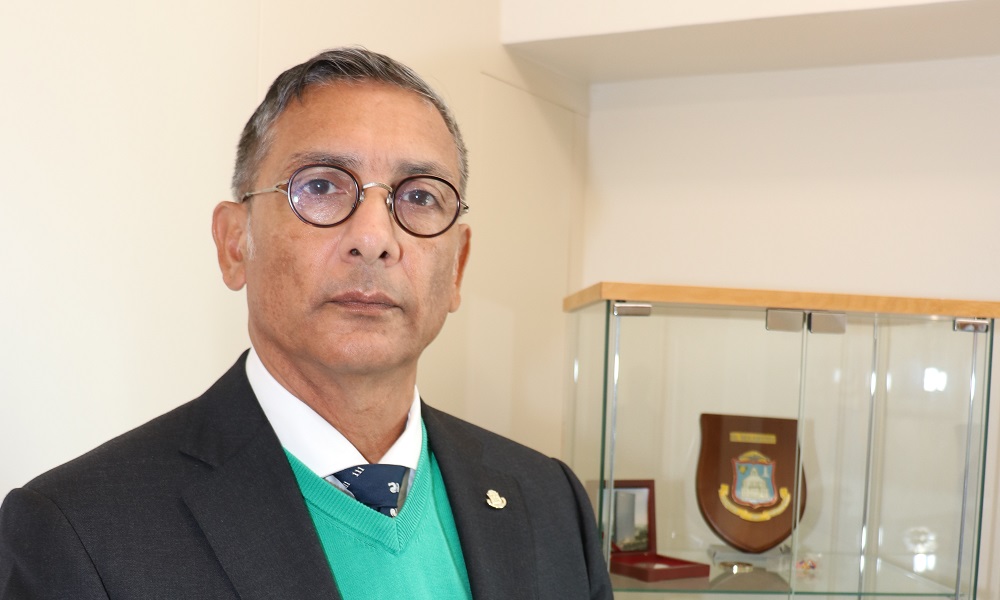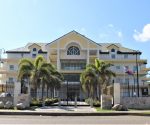Minister Geerlings criticizes Dutch interference

PHILIPSBURG - Finance Minister Perry Geerlings criticized the Kingdom for interfering in St. Maarten’s affairs by attaching conditions to the provision of badly needed liquidity support but at the same time he made clear that that support is not forthcoming if members of parliament do not agree with a 10 percent salary cut.
LOGIN TO READ MORE... THIS IS A PREMIUM ARTICLE. YOU NEED AT LEAST YEARLY SUBSCRIPTION TO ACCESS THIS ARTICLE.
...
Some articles or portions of articles are restricted exclusively for our registered members and paying subscribers. Please login here to read the rest of this article. If you do not already have a paid subscription, you will need to register here and pay for a subscription first in order to gain access to our website to read articles or contents that are restricted to paid subscribers. You need to buy at least a Day subscription for 75ct to gain access. Or log in first if you are already a registered paying subscriber to this website. Click here to register and support our work with a paid subscription.























